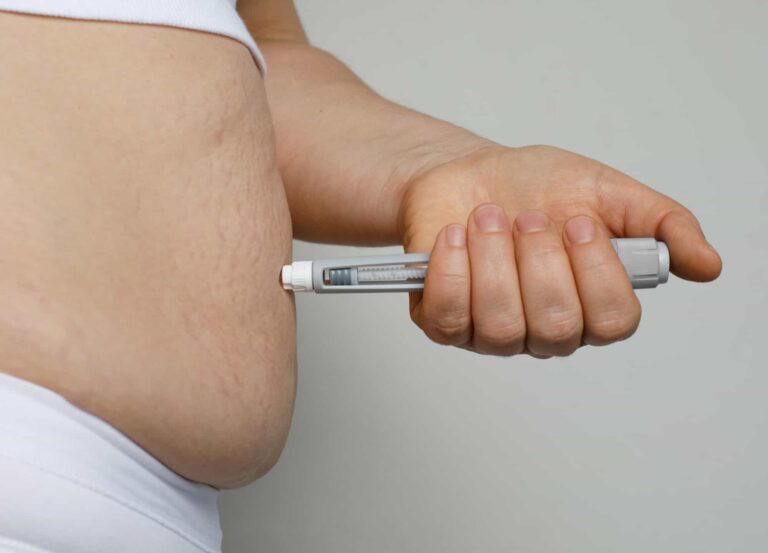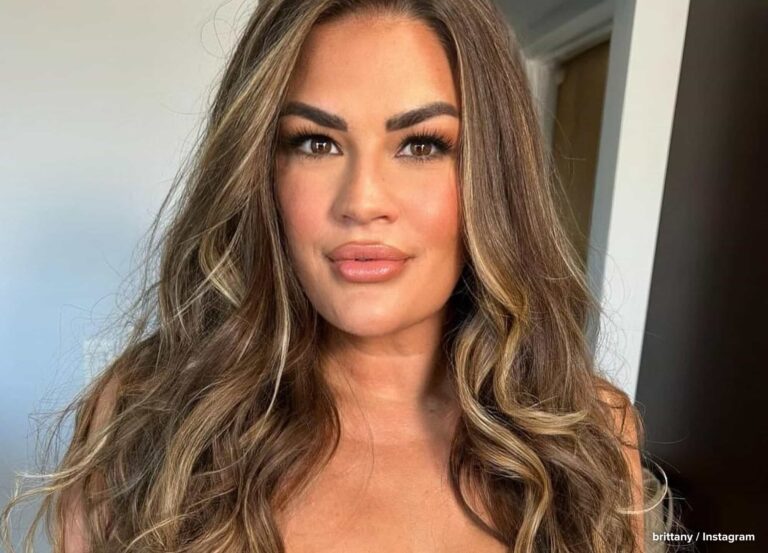Breast augmentation continues to be one of the most popular cosmetic surgeries worldwide. As more people opt to receive medical care, including cosmetic surgery, internationally, patients must take the time to educate themselves. While it’s easy to see the cost benefits of having elective surgery performed abroad (a savings of 25% to 90%, according to Patients Beyond Borders), some challenges may arise that wouldn’t if you were in your home country, and your provider should be able to answer all of your questions and concerns throughout the process. It can be daunting if you don’t speak the language, find that aesthetic trends differ from those back home, or learn that your implant warranty may be void once you return.
If you’ve decided to become a medical tourist and travel abroad for breast implants, you must have an open line of communication with your surgeon. It’s easy to forget everything you want to discuss at your consultation if you don’t go in prepared with a checklist. We spoke to three international plastic surgeons to determine the key questions every patient should have answered before getting breast augmentation abroad.
1. What is the aesthetic style for breast augmentation in your country?
Ask detailed questions about the surgical outcome you can expect. Make sure to look at before and after photos, to get an idea of your surgeon’s vision, during your consultation and ask about the aesthetic trends they’re seeing. Finding a doctor who is aware of the trends and has experience with international patients is advisable. “We see more women requesting smaller incisions, a natural feel, beautiful cleavage, and procedures that allow for faster recovery,” says Dr. Juan Carlos Zambrano-Burgl, a board-certified plastic surgeon in Bogotá, Colombia.
2. Which implant should I consider if I want a natural look and feel?
There’s a substantial number of implant options available outside the U.S. Choosing the right implant for you will depend on your preference for the type of breast implant filler, shape, and projection. You’ll want to inquire about the implant’s look and feel at rest and in motion, says London-based plastic surgeon Dr. Veerle Rotsaert. Implants should have natural movement, since it’s normal for breasts to move.
3. What is the recovery process like after surgery, and when will I be allowed to fly home?
Recovery after breast augmentation surgery is never fun, but patients will likely experience the most discomfort and pain immediately following surgery and in the next few days. This pain can initially be managed with prescription medication before switching to over-the-counter medications, like ibuprofen. “Today’s state-of-the-art aesthetic breast surgery aims specially for a swift recovery so that we have patients who, in less than a week, are back to normal,” says Dr. Zambrano-Burgl. Patients are encouraged to stay off their feet while their body heals for the first few days then are allowed to resume light daily activities afterward but should refrain from any heavy lifting for a month or more.
Most air-flight regulations state that it’s safe to travel two weeks following surgery, but some plastic surgeons may advise holding off for longer if you’re able to. “I advise my patients to refrain from flying for six weeks postoperatively,” adds Dr. Rotsaert.
4. How comprehensive is the warranty, and what happens if I want or need to remove my implants?
Think of breast implant warranties like insurance should something go wrong. While it’s unlikely that you’ll ever need to use your warranty if you settle on a trusted brand of implant and use an experienced, certified surgeon, patients should familiarize themselves with the extent of its coverage. Since you’ve opted to undergo breast augmentation in a foreign country, the warranty may not work back home.
“If you live in the U.S. and got implants overseas that aren’t approved in the U.S., then you won’t be able to have those replaced with the same ones. Your warranty will still cover you, but the surgery will yet again have to happen overseas,” explains Dr. Rotsaert. Whether the warranty remains active once you’re back home entirely depends on the manufacturer, but it’s unlikely any warranty will cover explant surgery in the U.S.
“In the end, it is a matter of confidence between the patient and doctor. If the patients choose to replace their implants in the U.S., they’ll be financially responsible,” adds San José, Costa Rica, plastic surgeon Dr. Pablo Solís.
5. How can I get support from my surgeon once I’m back in the U.S.?
Maintaining communication with your doctor is imperative during the postoperative recovery period. It will take three to four months to see the final results following breast augmentation and a period of six weeks before the implants drop and fluff like natural breast tissue. Staying in touch with your doctor throughout your recovery process is vital, since your body will undergo many stages as swelling goes down and the implants fall into place. “I see patients at six weeks, six months, and one year following surgery. My team and I will keep in touch using your preferred contact method—email, phone call, or WhatsApp, for international patients. We also offer virtual post-op appointments,” says Dr. Rotsaert.
6. Who should I see for post-op visits?
Patients must get a clear answer from their provider about who they’ll see for visits following surgery, to avoid unpleasant surprises later. “All my patients know how to contact me,” notes Dr. Solis.
Your provider will remove your bandages and stitches during the initial postoperative visit. In the subsequent post-op visits, the doctor will monitor your healing as well as the results of your surgery. “The surgeon who performed the procedure is the best person to examine you during your follow-up visits. For international visits, after I’m sure that they are safe to travel home, I keep track of them via virtual communication,” adds Dr. Zambrano-Burgl.
7. What if I don’t like my results or need a revision?
Patients who undergo breast augmentation surgery should understand that, like all cosmetic surgery, this procedure is not an exact science, so there is a chance that revision surgery may be necessary. In addition, breast implants do not come with a lifetime guarantee, but most new models should last for a decade or more. As women see their bodies change due to lifestyle shifts and aging, they may desire a revision, to adjust the size of their implants or improve their profile or shape. It’s understood that any costs for this surgery will be the patient’s responsibility. However, if a patient doesn’t like their results immediately following surgery, then they may qualify for a revision surgery offered by their doctor.
Asking your provider what happens when you don’t like the results of your procedure and what conditions (e.g., poor placement or symmastia—when the breasts appear to be conjoined) make you eligible for revision before going under the knife is advisable. “Revision surgery will only be offered if it is the opinion of the surgeon that an additional procedure will help achieve the original results anticipated. Where the results are within acceptable limits and further improvement is not possible, then no further revision surgery can be provided,” says Dr. Rotsaert.
For patients who undergo cosmetic procedures abroad, the additional costs of travel and board for any revision surgeries will likely come at the client’s expense. There is no hard rule for revisions in plastic surgery, so patients must ask their doctors about additional outside fees, such as for anesthesia or the operating room. The provider generally covers costs for the correction itself, but be sure to check. “We take all possible measures in order to have a mutual understanding of what to expect after surgery, and reoperation is something very rare,” adds Dr. Zambrano-Burgl.











